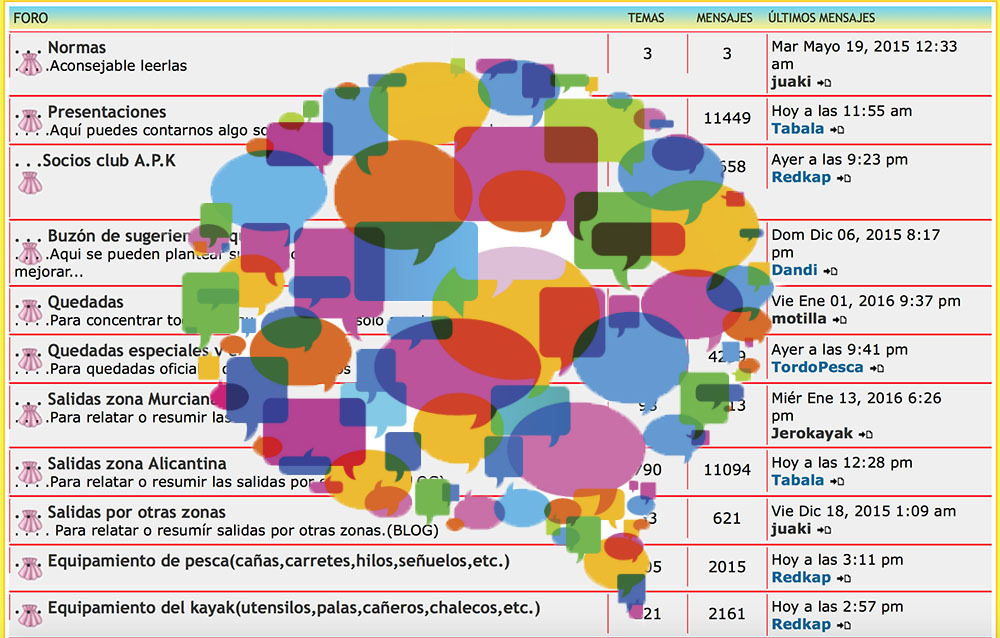Each center is ready to help people learn how to cope with their Ambien addiction and uncover the root causes for their substance use disorder. In fact, recent research by The Recovery Village has found heavy drinking can increase your risk of cancer by 48% by itself. To others, the person may not look like they have a problem with alcohol. They may appear normal to those around them, other than the perception that they are drinking more. Research has shown that long-term alcohol misuse can have a lasting impact on the brain, although some areas may recover with abstinence.
As the stage progresses, the disease takes hold and develops into middle-stage alcoholism. During end-stage alcoholism, a person may struggle with involuntary rapid eye movement (nystagmus) or weakness and paralysis of the eye muscles due to thiamin (vitamin B1) deficiency. RehabAdviser.com is a tool for individuals seeking to find a Drug and/or Alcohol Rehab. We provide a list of treatment centers located within the United States that are JHACO or CARF accredited. Individuals can call the centers directly or call our Toll Free number for further assistance. Even drinking more than three drinks at once can temporarily raise your blood pressure.
Mortality and life expectancy of people with alcohol use disorder in Denmark, Finland and Sweden
A 2014 study found that the life expectancy of an alcoholic was between 24 and 28 years shorter than the average lifespan of the general population. In stage one, your drinking behavior may be what many people consider “normal.” You might have a few drinks with friends, enjoy a couple of beers after work or drink a glass or two of wine with your dinner. What makes this behavior dangerous is the motivation behind your alcohol use. In early stages, if you’re drinking to deal with stress or anxiety and you’re progressively drinking larger amounts of alcohol to get intoxicated, you could be in the pre-alcoholic stage. In the short term, alcohol will reach your blood within about 5 to 10 minutes of taking a drink.

For this reason, it is hard to determine exactly how many people might have high-functioning AUD. However, this and other related misnomers such as “functional alcoholic” are no longer used because of the potential https://ecosoberhouse.com/ stigma that can prevent someone from seeking help. You can receive 24/7 text support right away and at your convenience. There is no obligation to enter treatment and you can opt out at any time.
Quitting Drinking During End Stage Alcoholism
However, it is possible to increase an alcoholic’s lifespan by taking steps to manage the disease and improve overall health. In conclusion, addressing alcoholism is crucial for improving the long-term health outcomes and life expectancy of affected individuals. Early intervention, seeking professional treatment options available to them while building a strong support system are key factors how long do alcoholics live in overcoming this complex disease. By promoting healthy habits and making positive changes in their lives through sustained effort over time during recovery journey will help them achieve lasting success in managing their addiction. Alcoholism is a complex and chronic disease that significantly impacts the long-term health outcomes and life expectancy of affected individuals.
Most people who drink excessively are not alcohol dependent CDC Online Newsroom CDC – CDC
Most people who drink excessively are not alcohol dependent CDC Online Newsroom CDC.
Posted: Thu, 20 Nov 2014 08:00:00 GMT [source]
She also serves as the Alumni and Volunteer Liaison, guiding those in recovery to continue embracing their strength, hope and wisdom as they reintegrate into society. In addition, according to the National Institute on Alcohol Abuse and Alcoholism (NIAAA), alcohol misuse like binge drinking and heavy drinking can increase your risk for developing alcohol use disorder (AUD). Alcoholism is a disease that slowly develops over time, not all at once. While everyone may experience this progression differently, there are four common stages people go through when becoming a functional alcoholic. By seeking help, individuals with alcoholism can access a range of resources and interventions designed to address their specific needs. Treatment can help individuals understand the root causes of their addiction, develop coping strategies, and learn healthier ways to manage stress and emotions.
Addiction
Alcohol dependence also means that you have developed a tolerance to drinking. As a result, you may have to drink larger quantities to get “buzzed” or drunk. Knowing the signs and symptoms of each stage can aid you in seeking help before your problem turns into dependence and addiction. For this reason, a full spectrum of rehab services that starts with medical detox and continues to treat the psychological aspects of abuse is needed.

End-stage alcoholism typically presents a number of health complications. The liver gains fats and inflammation, eventually leading to liver scarring. Binge drinking is a common practice affecting 1 in 6 American adults, resulting in the consumption of 17 billion drinks each year. Binge drinking can be temporary or occur often, sometimes signaling the threat of future heavy drinking or alcohol abuse. End-stage alcoholism is the final stage of alcoholism, when serious mental health and medical issues are beginning to appear. The need for a medically supervised detox depends, in part, on the length of time of alcohol abuse and usual volume of consumption.
Why Do Alcoholics Stay Alcoholics
Kari is passionate in her work with patients and referents to establish care plans and discharges that provide for the best success in recovery. Is a Licensed and Board Certified Acupuncturist that specializes in Physical Medicine and Pain Management. Rebecca has a passion for helping people reach their health goals through the most natural means possible. She obtained her Master’s Degree in Traditional Chinese Medicine from Yo San University in 2008 and began her private practice in 2009. She integrates both Eastern and Western treatment modalities to insure her patients receive the highest standard of care.





































Comentarios recientes